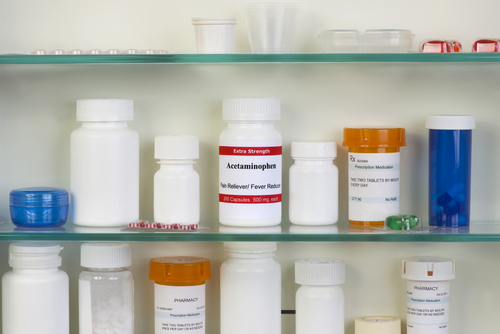How Does My Kid Keep Finding Drugs?

You clean everything out. You search every corner of the house. You put locks on medicine cabinets and liquor cabinets. Time after time, your kid continues to find drugs and alcohol. Here are some of the most common places your kid is making their discovery.
Your medicine cabinet
Most kids find drugs at home through their parents' medicine cabinet. Innocently, parents hold onto medications that might prove harmful to kids, because parents don't suspect their kids would go looking for them. At ages of experimentation and curiosity, it is not uncommon for kids to go snooping through the parental medicine cabinet. In today's digital world of readily available information, kids can quickly research what a drug is, what its effects are, and how to get high on it. Make sure regular medications are locked away and as far out of reach as possible.
Your liquor cabinet
Alcohol is a drug. When kids aren't looking for various pills, medications, or other kinds of drugs around the house, they are looking for alcohol. If you haven't touched your vodka bottle in a while and suspect your kids have been getting into your liquor, there's a chance it's full of water and your rum is full of apple juice. Alcohol is easy for kids to sneak into their rooms, sneak out with friends, and replace with something innocuous.
Anywhere in the house you're hiding mind-altering substances
Parents feel an overwhelming amount of guilt when their child has been abusing a drug parents kept around the house. However unacceptable it may be, there are parents who are not addicted and use mind-altering drugs recreationally. If there is a teenager in the home who has a growing substance abuse problem, it is best to keep any and all mind-altering substances out of the house. If your child has seen you recreationally using these drugs without your knowing, noticed a difference in your behavior, and searched out your secret stash there's a chance they've looked more than once. Even though its possible for a parent to use responsibly, your child might not. Due to the curious nature of teens and the scientifically proven tendency toward recklessness and risk-taking behavior, parents should avoid keeping any substance of abuse in the house- whether or not their child has demonstrated substance abuse behaviors. Most importantly, if you find that the threat of removing your recreational substances from the home seems an impossible challenge, you might want to work with a therapist to investigate what could be some of your own dependency issues.
Their older siblings
Older siblings might start experimenting with drugs and alcohol first, leading to a curiosity by their younger counterparts. Wanting to emulate their older siblings, kids ask to tag along, ask to have some or search it out themselves.
Their friends
If kids aren't learning from their siblings, they might be discovering drugs and alcohol through their friends. Social peer pressure is a leading contributing factor when kids decide to experiment with drugs and alcohol. However their friend's are getting drugs and alcohol, which is often an older sibling, your child is gaining access as well.

.jpg)

